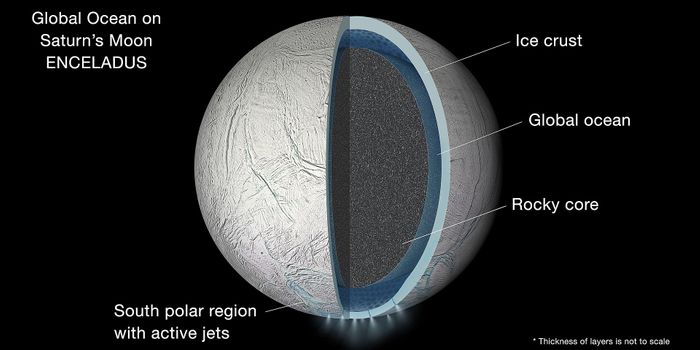The World's Most Accurate Clock
The world’s most accurate clock has taken the 2022 Breakthrough Prize in Fundamental Physics.
Jun Ye, a physicist with the joint venture of the National Institute of Standards and Technology and the University of Colorado Boulder, made instrumental developments to the invention of optical lattice clocks. Ye splits this prize with Hidetoshi Katori of the University of Tokyo, another scientist studying atomic clocks.
Both optical and atomic clocks are incredibly precise. Atomic clocks are so accurate that they will lose one second approximately every 100 million years; for reference, the average quartz clock will lose one second every couple of years. On the other hand, Ye’s optical lattice clock will lose one second every 15 billion years, making it the world’s most accurate clock.
15 billion years also happens to be the approximate age of the universe, so if Ye’s clock had been around during the big bang, it would only be one second behind today’s time. Confusing? Yes, but it makes sense when we consider a clock from a physicist’s standpoint, instead of our own notion of a clock.
Optical clocks operate on optical frequencies, which are the frequencies of visible light on the electromagnetic spectrum. Atomic clocks, on the other hand, measure the microwave frequencies of atoms. Higher frequencies allow for more precise timekeeping.
Lasers are used to cool strontium atoms to just above absolute zero, and then the atoms are trapped in a grid of lasers known as an optical lattice (thus where the clock’s name originates). Currently, an SI second is defined using cesium atoms, but strontium is being considered to replace cesium to create the new standard.
Having the world’s most accurate timekeeping instrument is not only very useful, but it also allows researchers to understand fundamental aspects of the universe. Researchers in Ye’s lab observed that when the clock was moved closer to the ground by even a few centimeters time, as measured by the clock, moved slower. This aligns with Einstein’s famous theory of relativity.
Optical lattice clocks will also have an astronomical effect on the field of astrophysics. For example, being able to precisely synchronize clocks in observatories around the world would allow researchers to take more accurate measurements of black holes, allowing us to better understand them. According to Einstein’s theory of relativity, time slows down when approaching massive bodies. Slight changes in time as measured by an optical clock could tell us whether or not there was lava underneath solid rock, how much water lies under the desert or the approximate depth of the ocean.
Like many new discoveries, this technology only exists in the lab, so Ye’s next step is figuring out how to make it portable so that scientists anywhere can use his clock.
Sources: University of Colorado Boulder, NIST, Phys.org








